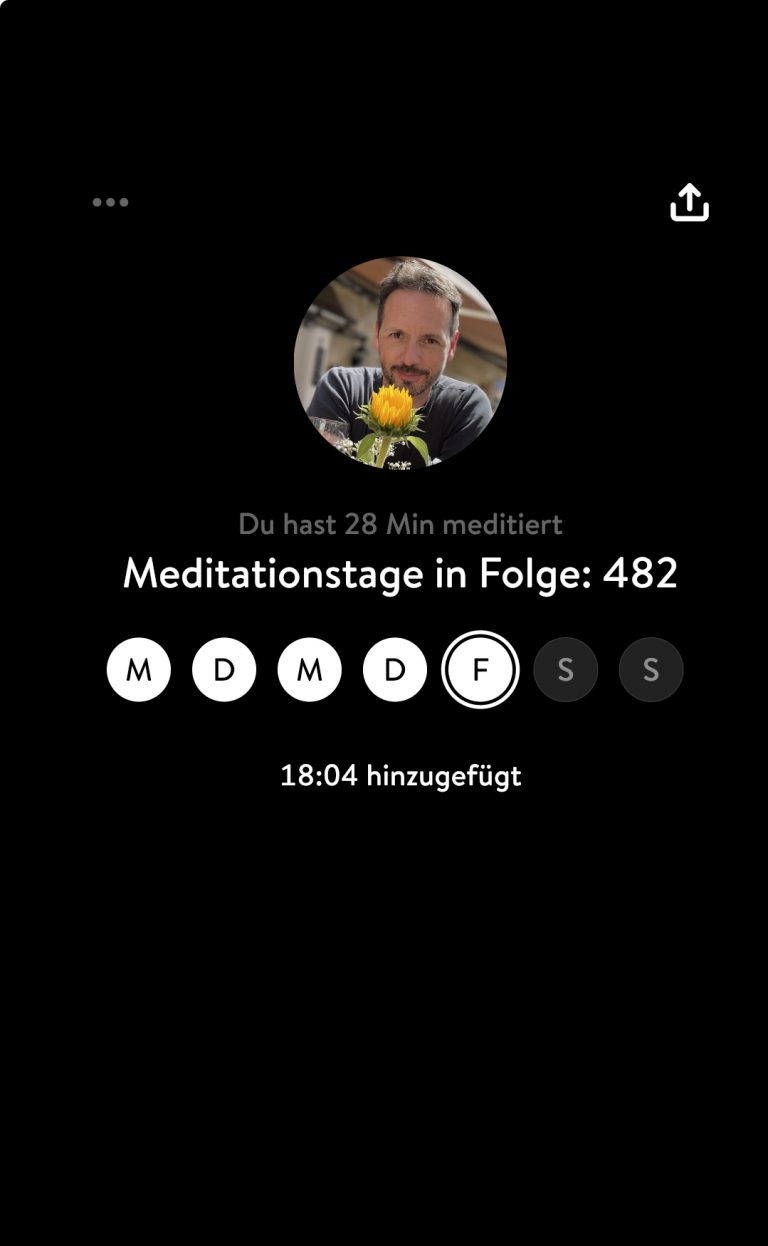
You wake up in the middle of the night. Your head is rattling and rattling. Thousands of thoughts run through your head. As a student, it was the previous math assignment. As an adult, it’s project deadlines, tax returns or simple tasks that still need to be done urgently.
If there are only three tasks, then it may still be easy. But when the tasks start to pile up, it can drive you a little crazy. For me, it mainly piles up when there are lots of different issues. For example: project deadlines, a new show, working on the new keynote speech and then my daughter comes up to me to study for a school assignment. At some point, you get the feeling that your head is about to explode.
How do you keep a clear head?
1. Write down thoughts and tasks
If you have too many thoughts in your head, you shouldn’t take them to bed with you. Instead, write down all your thoughts before you go to bed. This way they are written down and you won’t worry at night that you’ve forgotten something. You put your thoughts on the sheet of paper.
2. Consciously take breaks at work
How many times as a student have you tried to study for hours without a break and it didn’t work? Our brain doesn’t work like that. We need breaks.
Pomodoro technique:
I use the Pomodoro technique at work, so I really like it. This technique was developed in the late eighties by Francesco Cirillo. He named it after a kitchen clock in the shape of a tomato (pomodoro in Italian).
This technique involves working in intervals of usually 25 minutes, followed by a short break. After four Pomodoro units, a longer break is then taken. If I want to get something done very quickly, I set my MS Teams and my phone to “Do not disturb” for the next time.
You wouldn’t believe how much you can get done in a concentrated 25 minutes.
3. Meditation
After I get up, I start by writing in my diary. Then I meditate for 5-10 minutes, sometimes longer if I have time. My meditation timer in my cell phone said today that it has now been 482 days in a row.
After all, meditating is better than sitting around doing nothing. Meditating can help reduce stress, improve concentration and allow you to focus on yourself in peace. If meditating is not for you, try going for a walk. Turn off your cell phone and enjoy yourself in your surroundings.
The benefits of taking breaks:
➡️ breaks allow us to restore our energy and concentration.
➡️ breaks reduce fatigue and stress.
➡️ increase creativity. Breaks allow the mind to wander and new ideas to emerge that stimulate creativity.
What do you do to clear your head?
